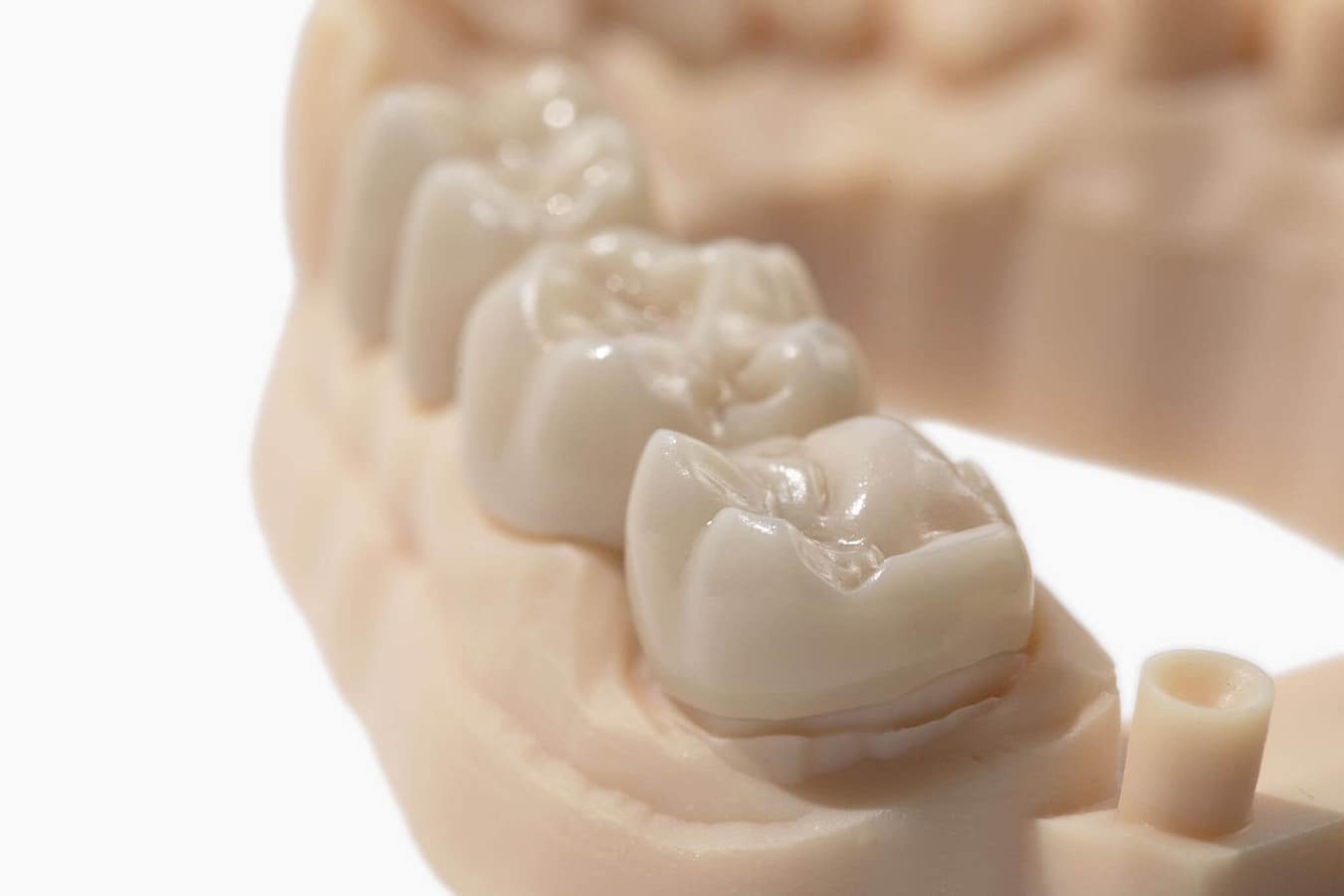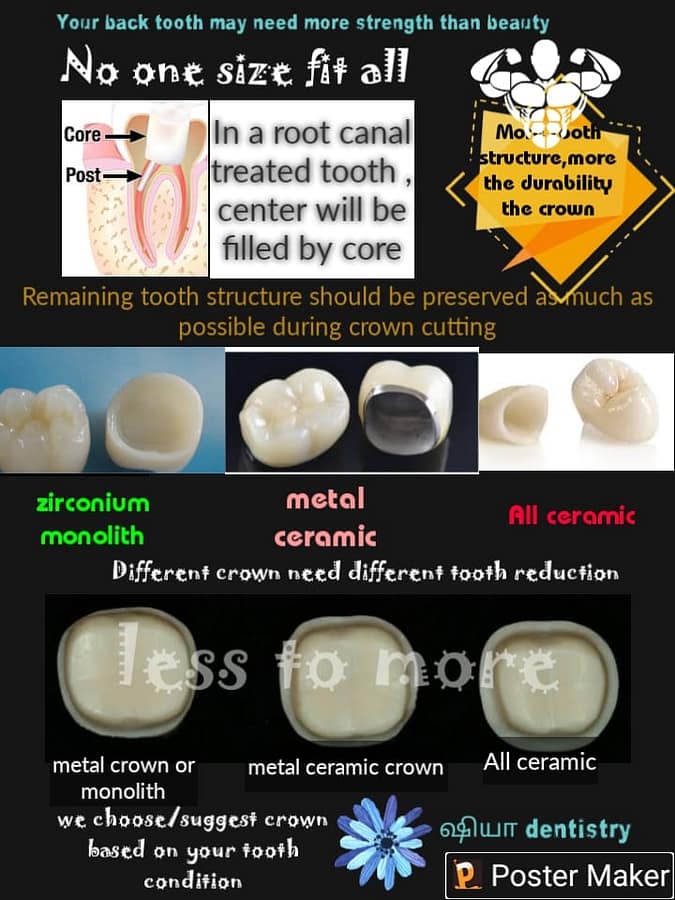author:shyaram
which is the best dental crown for me?choosing a right dental crown
Introduction :Choosing the right dental crown involves considering the tooth’s structure, height, and the specific requirements of the damaged tooth. This guide explores whether a costly crown is always the best option and discusses crown lengthening, minimal reduction, and retention grooves.


Factor for choosing best dental crown
The integrity and height of the remaining tooth structure play crucial roles in determining the type of crown needed.
A damaged or short tooth may require additional procedures to ensure the crown’s stability and function.
Crown Lengthening:
Crown lengthening is a surgical procedure to expose more of the tooth by removing gum tissue or bone.
This is often necessary for teeth with significant damage or decay below the gum line, providing a more solid base for the crown.
Minimal Reduction and Retention Grooves:
Minimizing the reduction of natural tooth structure is essential to preserve tooth strength.
Retention grooves can be added to the tooth preparation to enhance the crown’s stability, especially for metal or monolithic crowns.
Types of Crowns
Metal Crowns:
Highly durable and require minimal tooth reduction.
Suitable for molars due to their strength and longevity.
Monolithic Crowns:
Made from a single piece of material, such as zirconia.
Offer excellent strength and aesthetics, ideal for both front and back teeth.
All-Ceramic Crowns:
Provide superior aesthetics and are often used for front teeth.
Require more tooth reduction compared to other types, making them less ideal for teeth with severe damage or minimal remaining structure.
Cost vs. Necessity
Costly Crowns:
High-cost crowns, like those made from all-ceramic or zirconia, offer superior aesthetics and strength but are not always necessary.
Consider the functional needs and location of the tooth when choosing a crown.
Balancing Cost and Functionality:
A less expensive crown can be equally effective if it meets the tooth’s structural requirements.
Discuss options with your dentist to find a balance between cost and functionality.
Gold may be expensive, but like a comfortable leather shoe on a rough road, the choice of crown depends on your tooth’s requirements, not just your budget.
Conclusion The best dental crown for your tooth depends on various factors, including the tooth’s structure, height, and the specific requirements of the damage. While costly crowns offer certain benefits, they are not always necessary. Consider crown lengthening, minimal reduction, and retention grooves to ensure the longevity and stability of the crown. Consult with your dentist to choose the most appropriate option for your dental needs. Remember, the choice of crown should be based on what your tooth requires, not solely on your budget.

